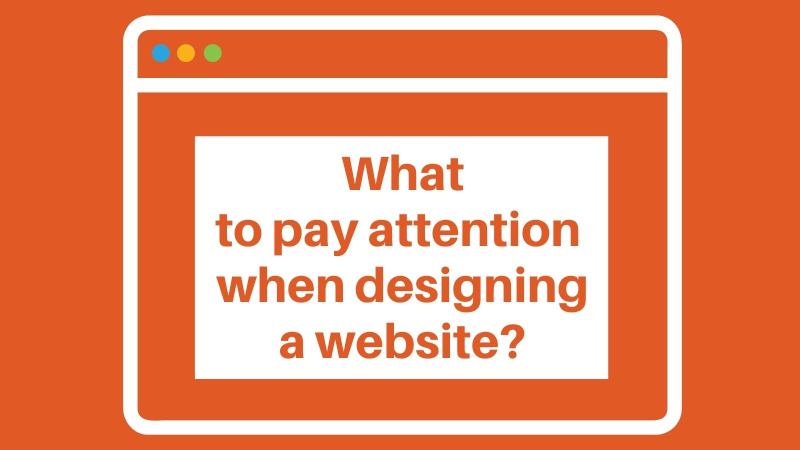
The various elements of building a website resemble a book with a table of contents and index. The table of contents is a clear menu and categories, and the index is a well-configured filter or helpful tag. However, in the case of the latter, it is important to remember not to overuse them and not to replace the categories with them.
Website navigation
In the website structure we distinguish between the main menu, footer menu and side menu. The most important is the top menu, because without it no modern website structure could function properly.
If the side menu interferes with the site’s visual appearance, you can always use the menu hide/remove options on demand (by clicking).
Hierarchy of elements on the website
A clear website should be based on a hierarchical layout of elements. What does this mean in practice? The category tree should be constructed so that each subsequent element appears naturally. It is best to limit the category tree to a maximum of 4 levels, but it is even better to use the "less is more" principle here and keep reasonable moderation. If something can be solved with additional attributes and filters, do not create categories.
Clear page layout
The layout of elements displayed on the site, their shape and colors, are also important. The website, loaded with small pictures, small letters and tiring colors, does not encourage you to stay on it. Choose calm colors, use sans-serif font and set them in such a size that you do not have to read with your nose glued to display.
Text adjustment on a website
A common problem on the websites is inappropriate formatting of texts, which is unpleasant for the reader and also unfavorable in terms of SEO. Avoid adjusting and aligning text blocks to the right! This type of treatment can be used in short blocks, e.g. headlines on the home page, quotations, but should not include long texts.
Clickable elements
Website consists of a huge number of elements which are clickable and therefore should be clearly marked. Not only menu and buttons are clickable, you also need to remember the links in texts and icons. Changing the color of an element or animation when you move the mouse cursor, are not only cool additions that liven up the site, they are mainly actions that allow the user to see that a given element is for example a link or leads to a form.
Remember that if users do not find what they were looking for after a few clicks, they will go elsewhere.
HTML headers and whitespace
Readability also depends on the appropriate distribution of headers and "whitespace", i.e. white spaces on the site – spaces, tabulations, line spacing, etc.
Headers should be arranged in cascades, i.e. from the largest to the smallest. The largest headers should mark the main topics, while the smaller ones should develop the main idea. HTML headers have the same effect as headers in printed newspapers, allowing you to quickly find out what the site is about and find the content that interests you.
RWD, i.e. Responsive Website
The growing number of people using the Internet through smartphones and tablets makes a mobile website a "must have". The rapid technological development of such devices makes it necessary to regularly check whether the website is displayed correctly and to update the script of your website. Ready-made templates often require corrections in this respect, so if you are creating a new website, check in the system that everything functions as it should and that the elements do not overlap.
Website pagination
In an online store, pagination is necessary to make the page readable and displayable in a reasonable time. Limiting the products displayed on a subpage also prevents tedious "scrolling", so if there are several hundred or several thousand products in a given category, bet on pagination.
Infographics and icons on the website
Long blocks of text make us sleepy, so we need headers, "whitespace," listings, etc. It is worth adding graphics to them.
Aesthetic icons on the site allow to liven up long content and highlight short information. They are perfect for visualizing short blocks of text on the home page.
Photos and infographics are perfect for breaking long paragraphs of text on the blog, and additionally visualize descriptions. It is important to remember to optimize them properly, as a large number of photos of considerable importance will slow down the page loading, and this should be avoided.
Conclusion
A clear website should function in such a way as to guide the recipient of content by hand. It should be a simple trip for users, during which they do not get tired and quickly find what they came for. The next elements must result from the previous ones, "call to action" buttons must respond to the recipient’s needs and texts should be formatted in such a way that they do not tire the eyes.




